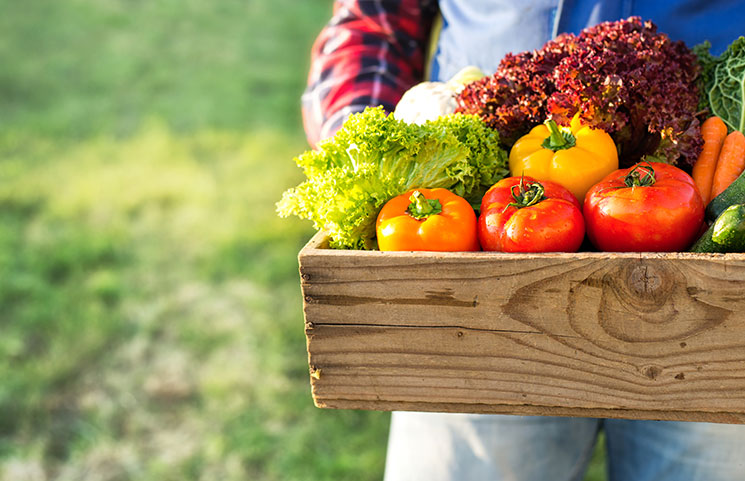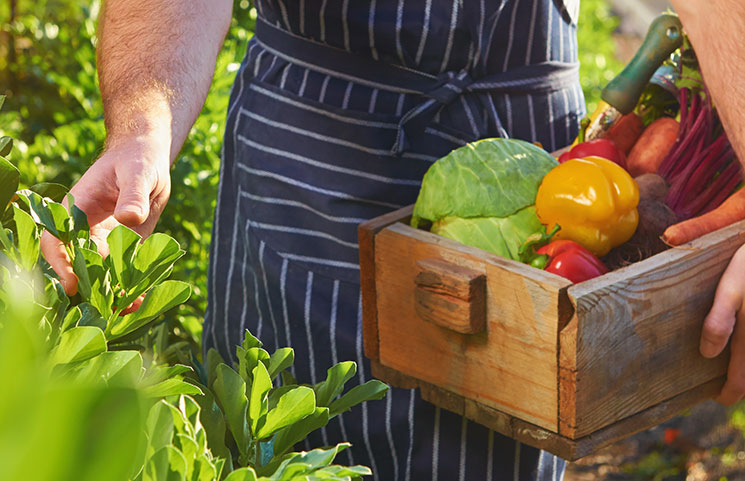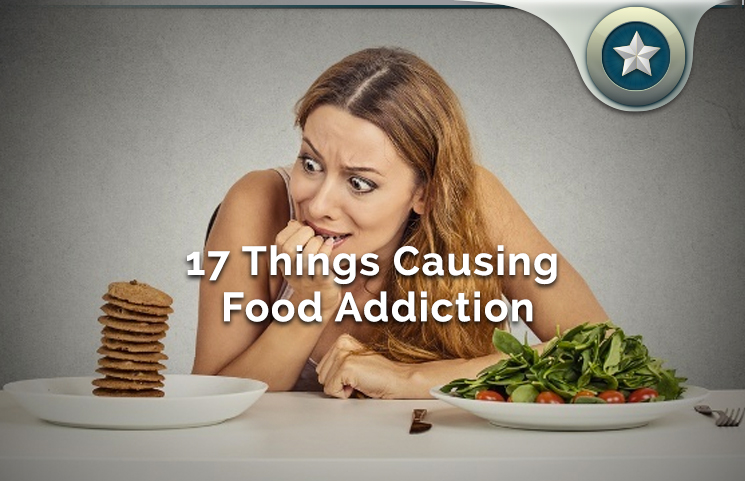Addiction is one of the modern-day horror stories, a tale of helplessness, self-destruction, and lost opportunities. When you think of addiction, you probably imagine people who take drugs or drink too much alcohol, but unfortunately, we humans are nothing if not diverse. We can become addicted to just about anything.
Food addiction is one of our most modern problems, and the scale of the issue is not particularly well known amongst the public. Recent research using the Yale Food Addiction Scale (YFAS) has shown that around 10-11% of normal weight people, and as much as one-in-four (25%) obese people, may be addicted to food. That’s a quarter of all obese people.
But what is food addiction?

About Food Addiction
We need food to survive, so it’s important not to confuse the need to eat with an addiction. However, if your relationship with food has become a little skewed, you may find you turn to food when you feel bad, sad, or mad, or just because it makes you feel good.
This, in itself, is not food addiction, but when a person becomes dependent on the good feelings they get when eating, they could be said to be addicted to food.
The person’s brain may produce more dopamine whenever they eat certain foods, and this could make them feel happier, more in control, or more fulfilled.
The dopamine increases brain activity in the reward centers of the brain, and will even do so if an addicted person is only shown the food – they begin to feel good just thinking about it, even before they have eaten it.
How Do You Know If You Are Addicted To Food?
Signs that you may be addicted to food include behaviors like eating too much every time you eat or eating for a longer time than you intend. You may experience cravings or a persistent need to eat, even when you’re not hungry. You may also have attempted many times to stop binge behavior, but continue to fail in these efforts.
If you spend a great deal of time in your life thinking about food, making food, and recovering after you have overeaten, or if you find you often pass on social occasions or other recreational activities because you want to spend more time with food, you may be addicted.
Those people who know they are overweight and are concerned about the health effects of this, but are still unable to change their behavior, may also be addicted.
Finally, and especially when it comes to eating high-sugar foods, you may experience withdrawal symptoms similar to those connected with drug withdrawal.
All of these are signs and symptoms of food addiction, but the presence of one or two of these symptoms does not mean you are a food addict. However, only you know yourself.

What Foods Are Most Addictive?
In the same way that some drugs are considered less addictive than others, some foods are more addictive than others.
The main problem foods for addicts are those that are processed (usually factory made), with large proportions of sugar and fat. In other words, food with a high Glycemic Load (GL) and greater proportions of fat are more likely to be associated with food addiction.
A study by researchers based at the University of Michigan discovered that the presence in a person’s diet of processed foods high in fat and with a high GL were strong indicators for eating behaviors that could be said to be addictive.
Furthermore, they found that processed food (regardless of fat or sugar content) was more likely than unprocessed food to be at the base of addictive eating.
Check out our list of the 17 most addictive foods as included in recent research.
- Pizza
- Chocolate
- Chips
- Cookie
- Ice cream
- French fries
- Cheeseburger
- Soda (not Diet)
- Cake
- Cheese
- Bacon
- Fried chicken
- Rolls (plain)
- Popcorn (buttered)
- Breakfast cereal
- Gummy candies
- Steak
Why Are High-Sugar, High-Fat Foods More Addictive?
The more rapidly the human body can absorb the addictive part of the substance, the more likely that substance is to be addictive. For example, chewing a coca leaf is unlikely to lead to addiction, but taking some easily absorbed cocaine (processed coca leaf) can be very addictive, because the active substance hits the human body more quickly and in a concentrated dose.
Food with a high GL but lots of fiber takes time for the body to process. For example, a banana has lots of sugar, but it also contains fiber, water, and even protein. The sugar from the banana takes a while to hit the person’s bloodstream. Addiction is therefore unlikely.

However, food that has been stripped of fiber and other properties, such as wheat-based white flour goods like a pizza base, cake, cookies, and candies, is quickly and easily processed by the body. This means the sugar load hits the bloodstream very quickly and creates a sugar high. The body’s response is to produce more dopamine, and so the person feels good during and after eating.
The general rule of thumb is that processed foods high in added sugar and fat can cause food addiction, and this happens on a number of levels, including the fact they are hyper-palatable (they taste great), they cause an imbalance in your blood sugar levels, and they are likely to have a high calorie count.
What Foods Are Least Addictive?
Foods that are less likely to create addictions are, as mentioned above, those that take more time for the body to process and absorb. The same research at the University of Michigan indicates the following foods are least addictive:
- Cucumbers
- Carrots
- Beans
- Apples
- Brown rice
- Broccoli
- Bananas
- Salmon
- Corn
- Strawberries
- Granola bars
- Water
- Crackers
- Pretzels
- Chicken breast
- Eggs
- Nuts

17 Food Addiction Causing Things Summary
The best way to avoid food addiction, even if you are obsessed with food already, is to concentrate on a healthy, whole-foods-based diet. The extra time it takes your body to break down and process the constituents of the food you eat means that you are less likely to get a dopamine or other chemical imbalance or high, and therefore your reward centers will not be stimulated in the way they are when you eat processed foods.
A healthy, balanced diet, is still the number one antidote to unhealthy food addiction.









